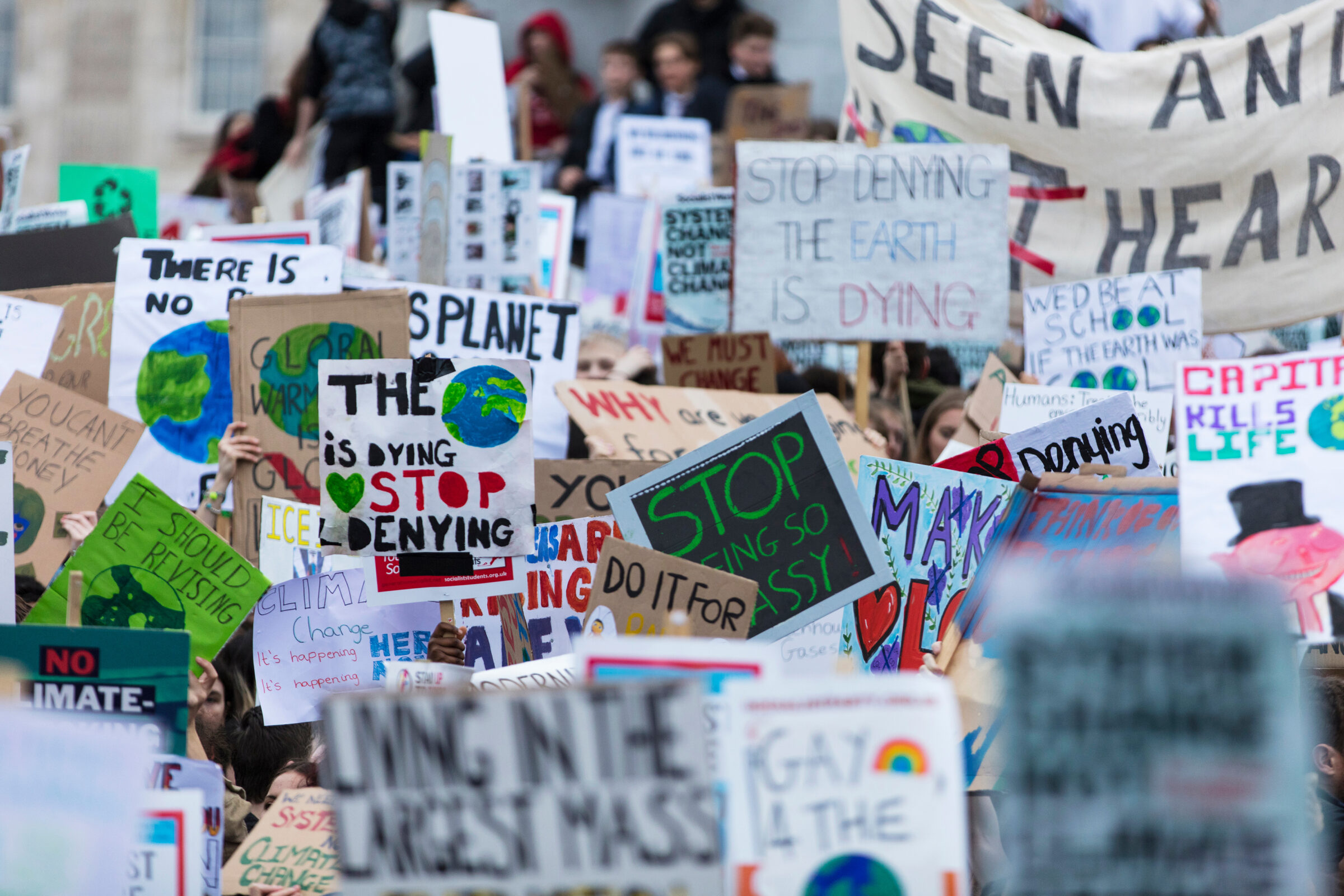The “Health Community” Versus Fossil Fuels
Originally published at National ReviewThe New England Journal of Medicine continues to publish advocacy articles that push hard-left policies on controversial issues such as climate change, guns, race, etc. — seeking to harness the authority of doctors to push non-medical political agendas. Now, we are told, the “health community” wants to end the use of fossil fuels. From, “Advocating for a Healthy Response to Climate Change“:
In medical school, aspiring physicians are taught how to provide emergency care, but what is the appropriate treatment for the health emergency that climate change represents? An effective response requires multifaceted work at the practitioner, health system, cross-sectoral, and policy levels. Medical schools and residency programs can integrate climate-related competencies into clinical training. Health care leaders can prepare health systems for the weather patterns to come rather than those of the past and can reduce health care’s own carbon footprint. But responding to a health emergency of this scale also requires physicians to use our political, social, and financial capital to drive solutions.
Those “solutions” include preventing representatives of fossil-fuel industries from even participating in policy negotiations:
. . . members of the health community organized an open letter calling for COP28 to deliver a commitment to phasing out fossil fuels. The letter, signed by organizations representing 46.3 million health professionals, includes a call to ban the fossil-fuel industry from UNFCCC climate talks.
Democracy!
This is so foolish. Fossil fuels keep people from freezing in the winter, provide the electricity to cool our homes in the summer, support industry, light our cities, and are the foundations of the economic prosperity that will allow societies to adapt to changing conditions climate change may cause.
Beyond that, what kind of hubris does it take to presume to speak for the “health community?” And to pretend to possess a monopoly on understanding the proper policy responses to climate change?
The authors want to harness our trust in doctors to drive policy:
Clinicians influence not only the 4.6% of greenhouse gases produced by the health care sector, but also their communities. Their numbers, and the public’s trust, give health care professionals buying power and social influence that can magnify the effects of shifts within health care to help bring about dramatic change in social norms, policy, and markets, with the potential to boost the uptake of sustainable decarbonization and resilience solutions in multiple sectors.
Actually, I think the opposite is more likely — a further erosion of trust in the “health community” rather than societal compliance. Indeed, the editors of the New England Journal of Medicine — and similarly ideological medical-establishment publications — act unwisely by plunging repeatedly in such a one-sided manner into intensely divisive political waters — particularly since counterarguments are rarely published or even acknowledged.
